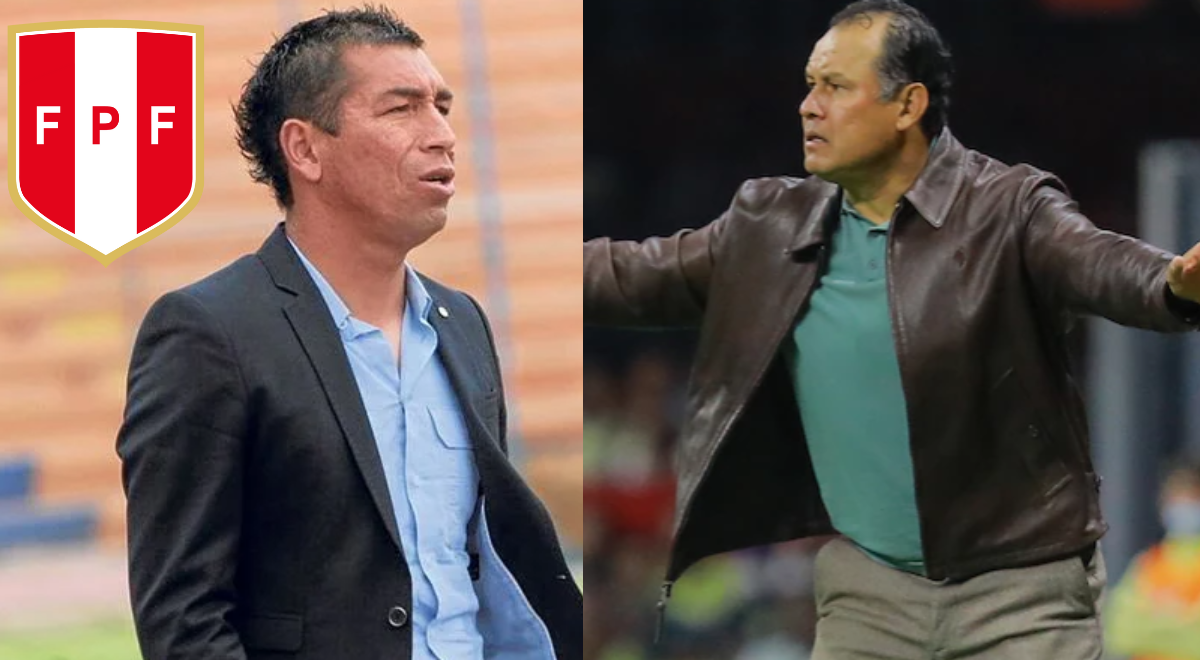The hiring of Juan Reynoso as coach of the Peruvian National Team continues to generate different opinions from people close to football. In this case, former forward Paul Cominges spoke with the radio program "La hora de Lalo" and expressed his feelings about the arrival of 'Cabezón' to the 'bicolor' team.
In the interview, the former player from Universitario de Deportes indicated that he was surprised by the evolution process of the former coach of Cruz Azul. He also highlighted that Reynoso already had in mind the path to follow and predicted everything that would happen in his career as a strategist.
YOU MAY LIKE Paco Bazán: "Juan Reynoso will visit Christian Cueva and say 'I am not Gareca's father'"
"In 2007 Juan knew that all this was going to happen (coaching the national team). That's what surprised me. I've heard him say he was going to coach a big team, then abroad and then the national team," he affirmed in the conversation.
It is worth noting that the current coach of the national team coincided with 'El Increíble' both in the national team and in Bolognesi and Universitario. Both were part of the qualifying process for France 98 when Peru was eliminated due to goal difference in the World Cup. Regarding the Tacna team, Cominges was a footballer when 'Cabezón' wore the 'Bolo' jersey and they shared the dressing room at the 'U'.
"My memory of Juan as a player is more pleasant than as a coach. He was a tremendous captain. He was quite young and the way he led can be confirmed by anyone from that team. The capacity he had was extraordinary," he stated.
Furthermore, he pointed out that over the years, the coach of the 'Blanquirroja' has changed some nuances that have led him to be in charge of the 'Bicolor'. "No one always does well, there are clubs where things haven't gone well for him. (...) The essence is probably still the same, but I'm sure that from 2007, when he started coaching, until today, many nuances must have changed," he added.
Finally, he stressed that the nationality of the coach is not important, but rather their ability. "Beyond being national or foreign, I believe that we must appeal to the capacity to know who is good or not," he concluded.

